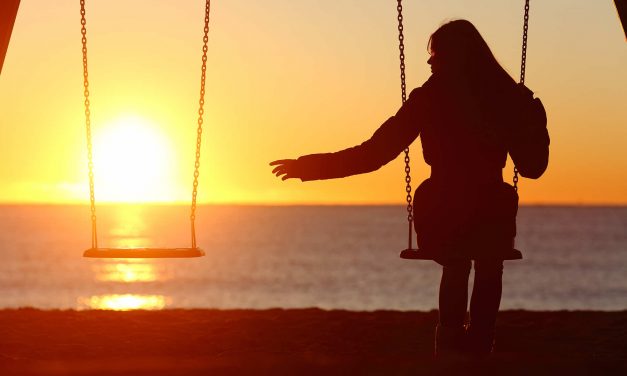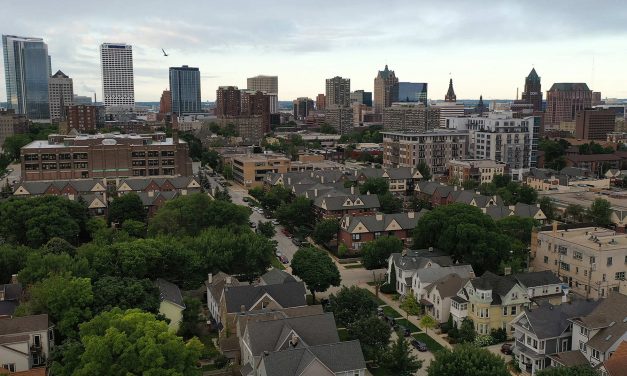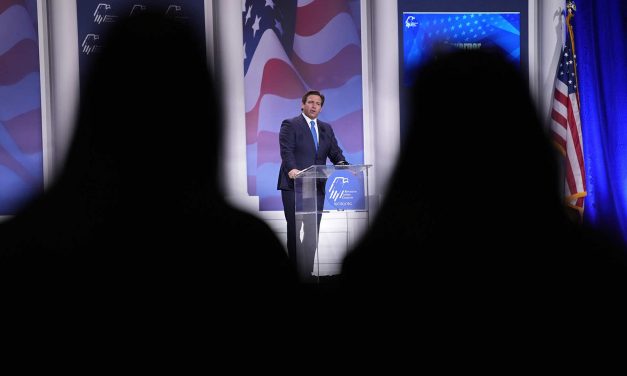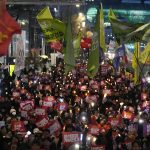Obstacles to learning: Why higher education can be elusive for immigrants and asylum-seekers
By Kerri Evans, Assistant Professor, University of Maryland, Baltimore County; Ishara Casellas Connors, Assistant Professor, Public Service and Administration, Texas A&M University; and Lisa Unangst, Assistant Professor, SUNY Empire State College Pursuing higher education is often a pathway to higher income and overall better well-being. College graduates are less likely to rely on public benefits. Therefore, it’s beneficial for education leaders and policymakers to help newcomers – including asylum-seekers and refugees – to access higher education in the U.S., whether it be community college, taking advanced English courses, obtaining a certificate through training programs or going to a four-year...
Read More















